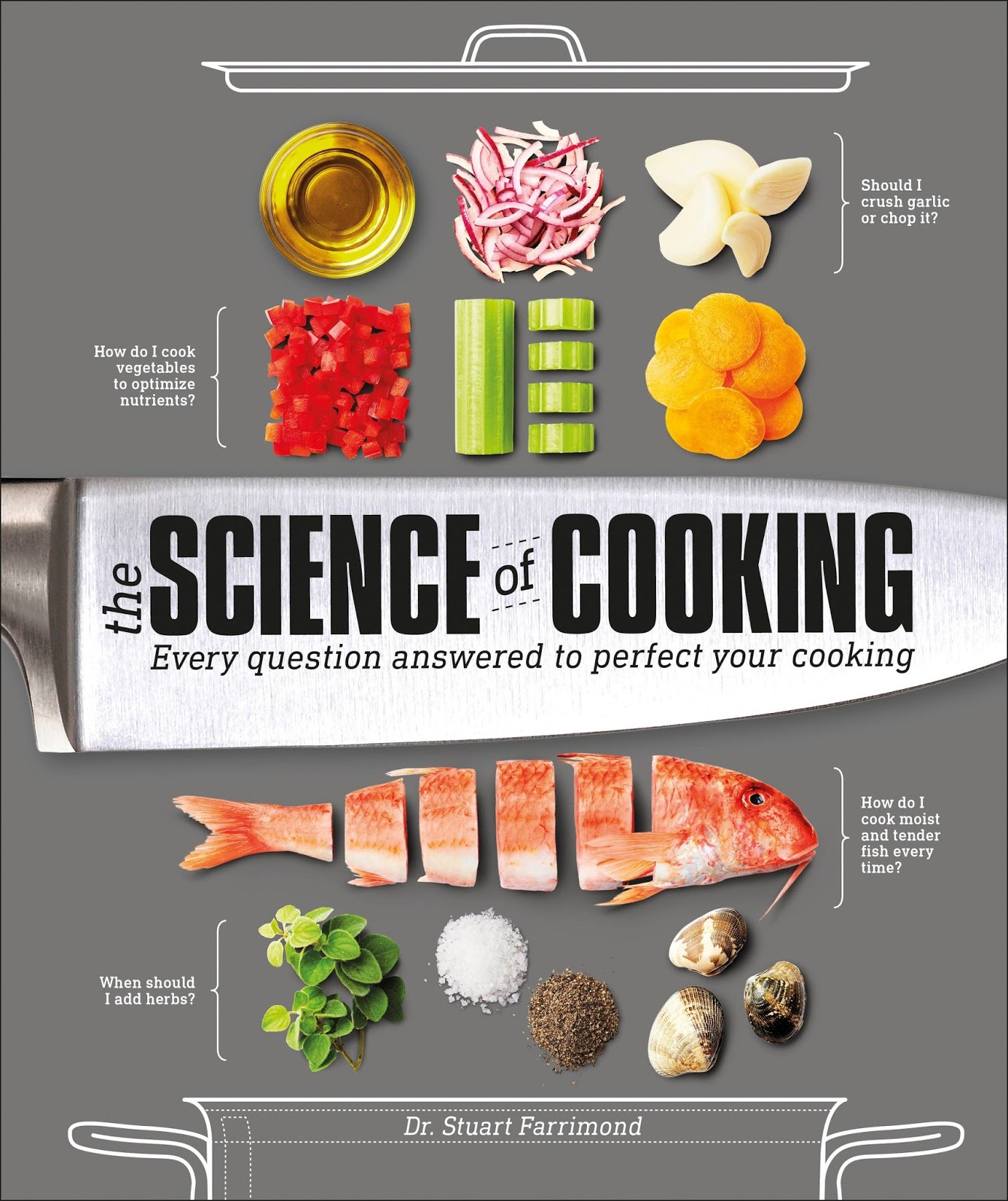The science of cooking is a fascinating intersection where art meets chemistry, transforming simple ingredients into delicious meals. As we delve into the intricacies of cooking, we uncover the principles that govern the transformation of food, from the molecular level to the final dish served on our plates. This exploration not only enhances our culinary skills but also deepens our appreciation for the food we consume daily.
Understanding the science of cooking allows us to experiment with flavors, textures, and techniques, leading to innovative dishes that tantalize the palate. Whether it's the Maillard reaction that creates the beautiful browning on meats or the emulsification process that binds oil and water in dressings, every step in the cooking process is steeped in scientific principles. By grasping these concepts, aspiring chefs and home cooks alike can elevate their culinary creations.
Moreover, the science of cooking is not just about improving techniques; it is also crucial for food safety and nutrition. Knowing how to properly cook food can prevent foodborne illnesses, while understanding the nutritional aspects can help us make healthier choices. As we embark on this journey into the science behind our meals, we will uncover essential tips, techniques, and the fascinating chemistry that makes cooking an art form.
What is the Science of Cooking?
The science of cooking, often referred to as culinary science, involves the study of how heat, time, and ingredients interact during the cooking process. It encompasses everything from the chemical reactions that occur when foods are heated to the ways flavors develop and change. By applying scientific principles, cooks can improve the texture, flavor, and overall quality of their dishes.
Why is Understanding Cooking Techniques Important?
Understanding various cooking techniques is essential for mastering the art of cooking. Different methods, such as boiling, steaming, sautéing, and baking, each have distinct effects on food. Here are some critical reasons why knowing your techniques matters:
- Enhances flavor profiles
- Improves texture and appearance
- Increases food safety
- Maximizes nutritional value
How Does Heat Affect Cooking?
Heat is a fundamental element in the science of cooking. It alters the physical and chemical properties of ingredients, leading to changes in flavor, color, and texture. For example:
- **Conduction**: Direct heat transfer, like in frying.
- **Convection**: Heat transfer through liquids or gases, as in baking.
- **Radiation**: Cooking through radiant heat, such as grilling.
What Role Do Ingredients Play in Cooking Science?
Ingredients are the building blocks of any dish, and their properties significantly influence the outcome of the cooking process. Understanding the science behind ingredients can lead to better cooking results. Consider the following:
- **Acids and bases**: They can alter flavors and affect the texture of proteins.
- **Fats**: Essential for flavor and moisture, fats also affect cooking temperatures.
- **Sugars**: They caramelize and contribute to browning and flavor complexity.
How Can You Experiment with Cooking Science?
Experimenting with cooking science can be both fun and educational. Here are some simple experiments you can try:
- **Baking Soda vs. Baking Powder**: Test the leavening power of both in a batch of cookies.
- **Temperature Control**: Cook an egg at various temperatures to observe texture differences.
- **Flavor Pairing**: Experiment with unusual ingredient combinations to discover new flavors.
What Are Common Misconceptions About Cooking Science?
Many myths surround the science of cooking, leading to confusion among cooks. Here are a few misconceptions:
- **Searing Meat Locks in Juices**: Searing does add flavor, but it doesn't seal in moisture.
- **Salt Should Only Be Added at the End**: Adding salt early can enhance flavor development.
- **High Heat is Always Better**: Different foods require different cooking temperatures for optimal results.
How Does the Science of Cooking Influence Food Safety?
Food safety is an essential aspect of cooking science. Understanding proper cooking temperatures and techniques can prevent foodborne illnesses. Here are some key points:
- **Cook meats to safe internal temperatures**
- **Avoid cross-contamination**
- **Store food at appropriate temperatures**
What Are the Benefits of Learning the Science of Cooking?
Learning the science of cooking has numerous benefits, including:
- Improved cooking skills and confidence
- Enhanced understanding of flavors and textures
- Ability to create innovative recipes
- Better food safety practices
Conclusion: Why Embrace the Science of Cooking?
Embracing the science of cooking not only enriches our culinary experiences but also empowers us to make informed choices in the kitchen. By understanding the principles that govern cooking, we can elevate our skills, experiment with new techniques, and create delicious, safe, and nutritious meals. So, whether you are a novice cook or an experienced chef, exploring the science of cooking will undoubtedly enhance your culinary journey.
You Might Also Like
Cinderella Castle: A Dream In FlamesUnderstanding LVP Installation Cost: A Comprehensive Guide
Unlocking The Secrets Of MacBook SMC PRAM: A Comprehensive Guide
Discovering The Deliciousness Of Louisiana King Cake
Understanding The Year 2038 Problem: A Looming Digital Crisis
Article Recommendations
- George Clooney Twins Down Syndrome
- Steve Liam Payne Manager
- Shemar Gay
- Eddie Levert
- Lavan Davis
- Draper Myers Funeral Home Obituaries
- Elsa Dutton
- Tim Mcgraw Diddy
- Jane Fonda Short Haircut
- Dylan Macdonald


